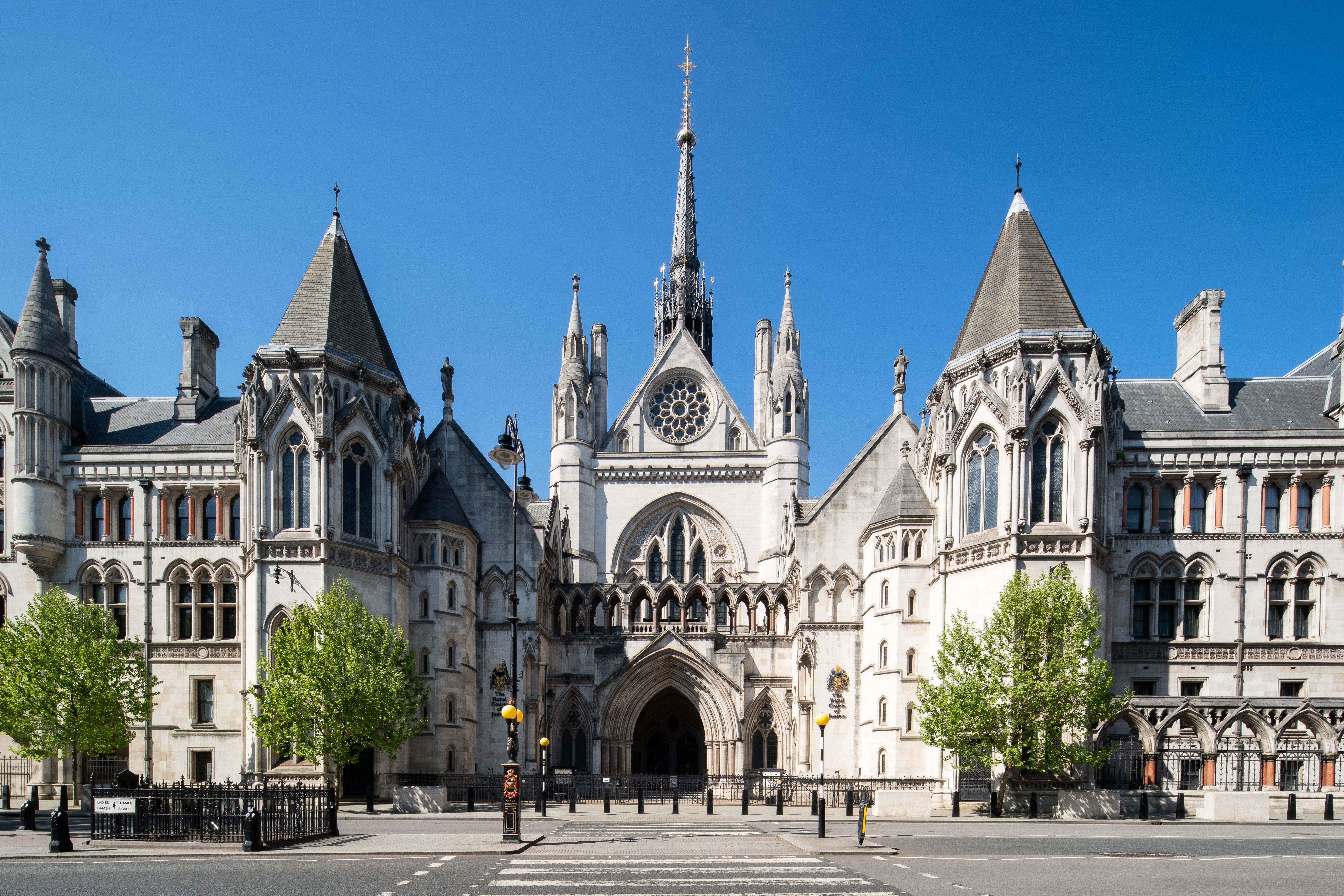Government will not challenge court ruling on care home discharge policies
A spokesperson said the Government did not see a public interest in an appeal on certain points.

Your support helps us to tell the story
From reproductive rights to climate change to Big Tech, The Independent is on the ground when the story is developing. Whether it's investigating the financials of Elon Musk's pro-Trump PAC or producing our latest documentary, 'The A Word', which shines a light on the American women fighting for reproductive rights, we know how important it is to parse out the facts from the messaging.
At such a critical moment in US history, we need reporters on the ground. Your donation allows us to keep sending journalists to speak to both sides of the story.
The Independent is trusted by Americans across the entire political spectrum. And unlike many other quality news outlets, we choose not to lock Americans out of our reporting and analysis with paywalls. We believe quality journalism should be available to everyone, paid for by those who can afford it.
Your support makes all the difference.The Government has said it will not be appealing against a High Court ruling which stated its care home discharge policies were unlawful.
Last week, the High Court ruled policies in March and early April 2020 were unlawful because they failed to take into account the risk to elderly and vulnerable residents from non-symptomatic transmission of coronavirus.
It came after a claim was brought against the Government by two women – Cathy Gardner and Fay Harris – after their fathers died from Covid-19.
Former health secretary Matt Hancock apologised for people’s “pain and anguish” following the ruling.
On Wednesday, the Government said it would not be pursuing an appeal.
A spokesperson said: “The Government notes the court’s judgment and that the court dismissed most aspects of the claimants’ judicial review.
“While we are disappointed that the court did not accept all of the points we put before it, we do not see a public interest in an appeal on those points, as the right place for these matters to be considered is the public inquiry.
“Our thoughts are with all those who lost loved ones during the pandemic. Our aim throughout has been to protect the public from the threat to life and health posed by Covid and we specifically sought to safeguard care home residents.”
In the early part of the pandemic in 2020, patients were rapidly discharged into care homes without testing, despite the risk of asymptomatic transmission, with Government documents showing there was no requirement for this until mid-April.
The judges said there was no evidence that Mr Hancock – or anyone advising him – addressed the issue of the risk of asymptomatic transmission to care home residents in England, or that he considered or was asked to consider the question of isolating asymptomatic admissions.
However, they added that the “growing appreciation that asymptomatic transmission was a real possibility ought to have prompted a change in Government policy concerning care homes earlier than it did”.
They pointed out that these risks were highlighted as early as March 13 by figures including the Government’s chief scientific adviser, Sir Patrick Vallance, who said it was “quite likely”.
In a previous statement, Mr Hancock’s spokesman said Public Health England had failed to tell ministers about asymptomatic transmission and he wished it had been brought to his attention sooner.